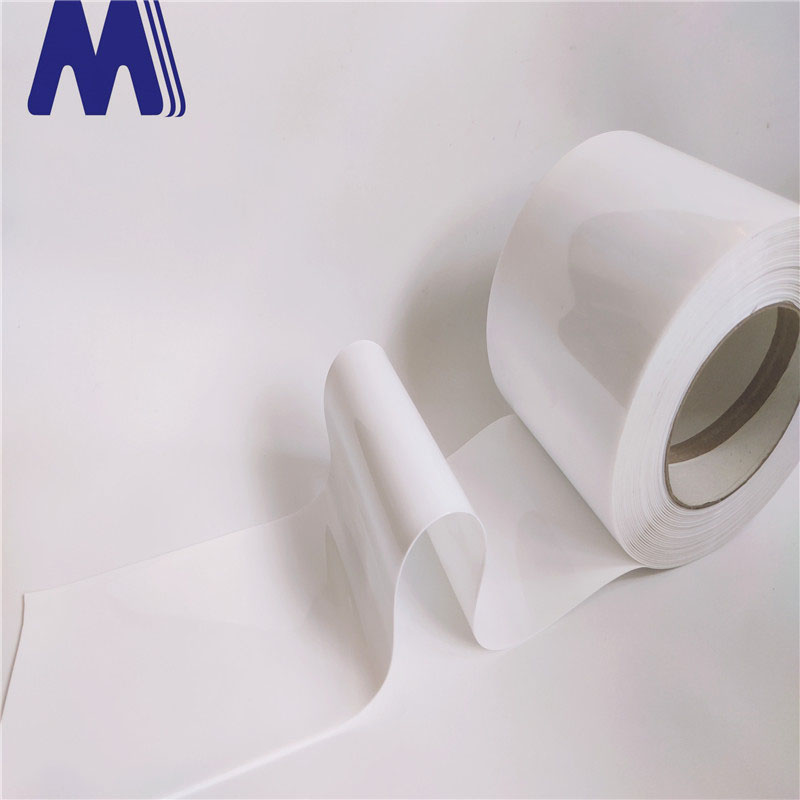- Afrikaans
- Albanian
- Amharic
- Arabic
- Armenian
- Azerbaijani
- Basque
- Belarusian
- Bengali
- Bosnian
- Bulgarian
- Catalan
- Cebuano
- Corsican
- Croatian
- Czech
- Danish
- Dutch
- English
- Esperanto
- Estonian
- Finnish
- French
- Frisian
- Galician
- Georgian
- German
- Greek
- Gujarati
- Haitian Creole
- hausa
- hawaiian
- Hebrew
- Hindi
- Miao
- Hungarian
- Icelandic
- igbo
- Indonesian
- irish
- Italian
- Japanese
- Javanese
- Kannada
- kazakh
- Khmer
- Rwandese
- Korean
- Kurdish
- Kyrgyz
- Lao
- Latin
- Latvian
- Lithuanian
- Luxembourgish
- Macedonian
- Malgashi
- Malay
- Malayalam
- Maltese
- Maori
- Marathi
- Mongolian
- Myanmar
- Nepali
- Norwegian
- Norwegian
- Occitan
- Pashto
- Persian
- Polish
- Portuguese
- Punjabi
- Romanian
- Russian
- Samoan
- Scottish Gaelic
- Serbian
- Sesotho
- Shona
- Sindhi
- Sinhala
- Slovak
- Slovenian
- Somali
- Spanish
- Sundanese
- Swahili
- Swedish
- Tagalog
- Tajik
- Tamil
- Tatar
- Telugu
- Thai
- Turkish
- Turkmen
- Ukrainian
- Urdu
- Uighur
- Uzbek
- Vietnamese
- Welsh
- Bantu
- Yiddish
- Yoruba
- Zulu
Soft PVC Glass for Versatile Applications in Design and Manufacturing
The Versatility and Benefits of Soft Glass PVC
Soft glass PVC, or polyvinyl chloride, is a remarkable material that has found applications in various industries due to its unique properties and versatility. This synthetic polymer is known for its flexibility and durability, making it an ideal choice for products requiring resilience and safety. As we delve into the world of soft glass PVC, we will explore its features, applications, and the reasons why it is becoming increasingly popular.
Understanding Soft Glass PVC
Soft glass PVC is a softer, more flexible version of traditional PVC, achieved by incorporating various plasticizers and additives. This modification enhances its malleability, allowing it to be easily molded into different shapes and forms without losing its structural integrity. Its properties include resistance to moisture, chemicals, and UV radiation, which makes it suitable for a wide range of applications. Additionally, soft glass PVC is available in various colors and transparencies, adding to its aesthetic appeal and functionality.
Key Applications
One of the most prominent uses of soft glass PVC is in the manufacturing of transparent sheets and films. These materials are widely utilized in packaging, advertising displays, and protective coverings. For example, soft glass PVC sheets are commonly used in point-of-sale displays, providing an eye-catching presentation while protecting the displayed items. In packaging, it offers excellent visibility for products, enhancing consumer appeal while ensuring protection from damage.
soft glass pvc

Another significant application of soft glass PVC is in the construction industry. Its flexibility and resistance to moisture make it an ideal material for various construction products, including insulation, flooring, and window profiles. Soft glass PVC pipes are also utilized in plumbing, as they are lightweight, easy to install, and resistant to chemical corrosion. Furthermore, in the realm of interior design, soft glass PVC is favored for creating stylish and durable wall coverings and decorative elements, allowing for a modern aesthetic without compromising on functionality.
The healthcare industry also benefits considerably from soft glass PVC. It is widely used to manufacture medical devices, such as blood bags, IV containers, and surgical gloves, owing to its biocompatibility and ease of sterilization. The material’s transparency enables healthcare professionals to easily monitor fluid levels and ensure the safe administration of medical treatments.
Environmental Considerations
While the benefits of soft glass PVC are considerable, it is also essential to address environmental concerns associated with its production and disposal. The production of PVC has been linked to the release of harmful chemicals, and improper disposal can result in long-term pollution. However, advancements in recycling technologies have made it possible to recycle soft glass PVC products, reducing waste and environmental impact. Many manufacturers are now committed to sustainable practices, focusing on creating recyclable and eco-friendly PVC materials.
Conclusion
Soft glass PVC stands as a testament to the innovation and adaptability of synthetic materials in modern industry. Its flexibility, durability, and aesthetic versatility make it an increasingly popular choice across various sectors, from packaging and construction to healthcare. As sustainability practices continue to improve, soft glass PVC is poised to play a significant role in creating environmentally responsible products without compromising on performance. The future of soft glass PVC will likely see further advancements and applications, solidifying its status as a vital material in our everyday lives. Whether in business or personal use, the benefits of soft glass PVC are undeniably significant, marking it as a pivotal player in material science.
-
PVC Strip Curtains for Food Industry Hygienic & Durable SolutionsNewsMay.14,2025
-
Plastic Door Curtain Manufacturers Magnetic & Welding SolutionsNewsMay.13,2025
-
PVC Strip Curtain Prices Durable & Cost-Effective SolutionsNewsMay.13,2025
-
Commercial Plastic Door Flaps & Thresholds Durable & Cost-EffectiveNewsMay.13,2025
-
Flexible PVC Sheet Rolls Durable & Weather-Resistant SolutionsNewsMay.12,2025
-
Buy Durable PVC Strip Curtains for Doors & Freezers On Sale NowNewsMay.12,2025



